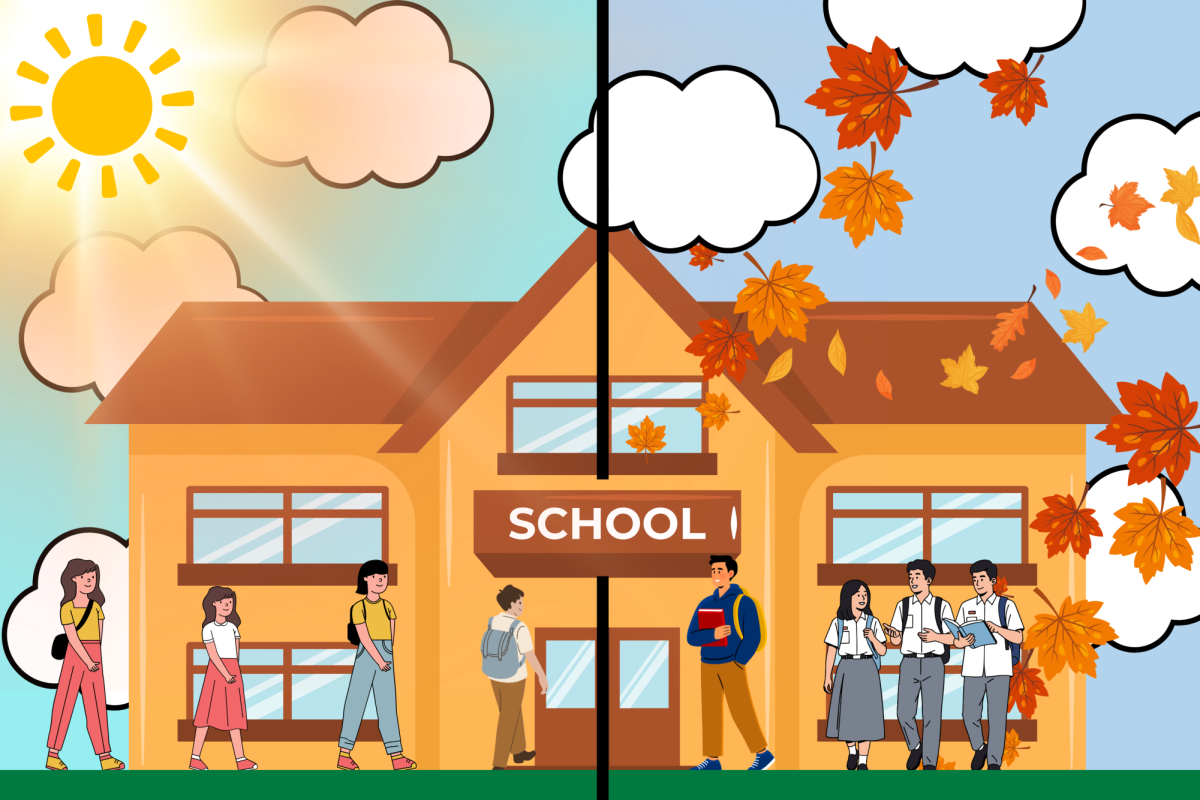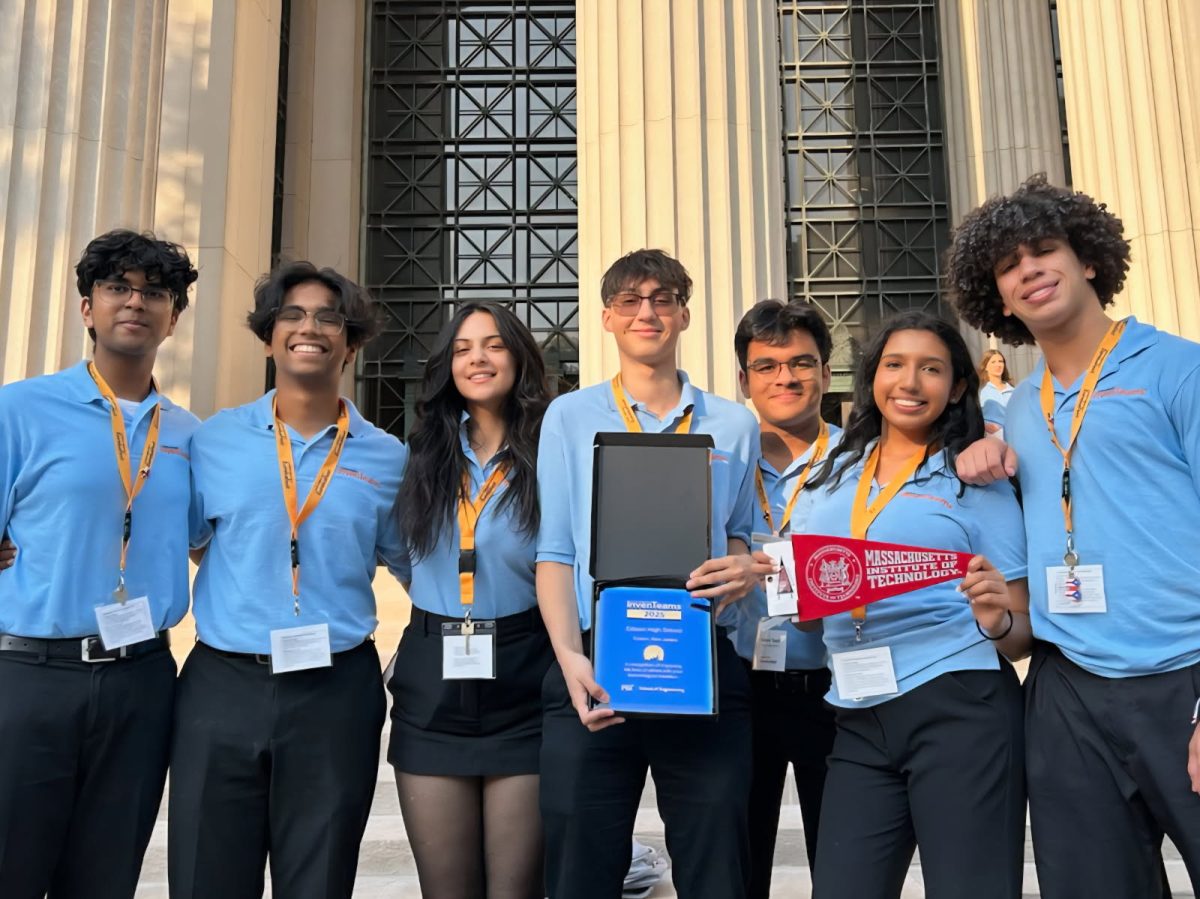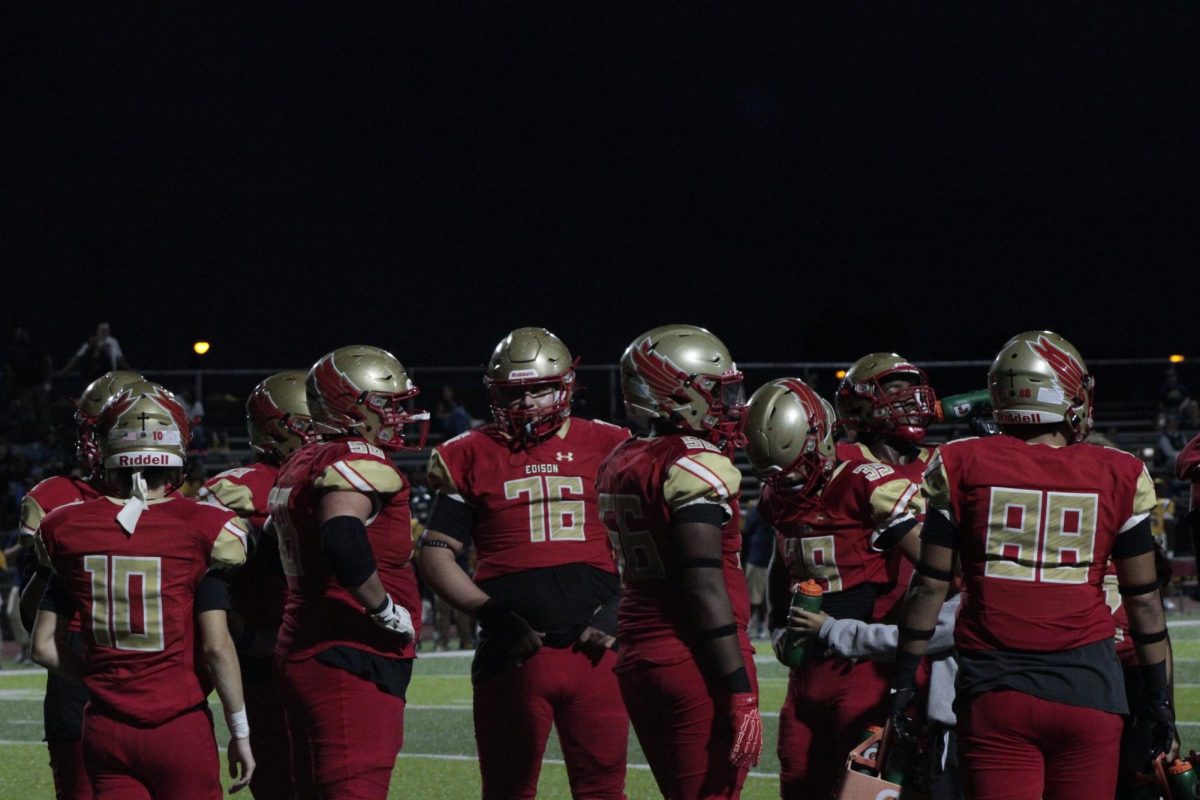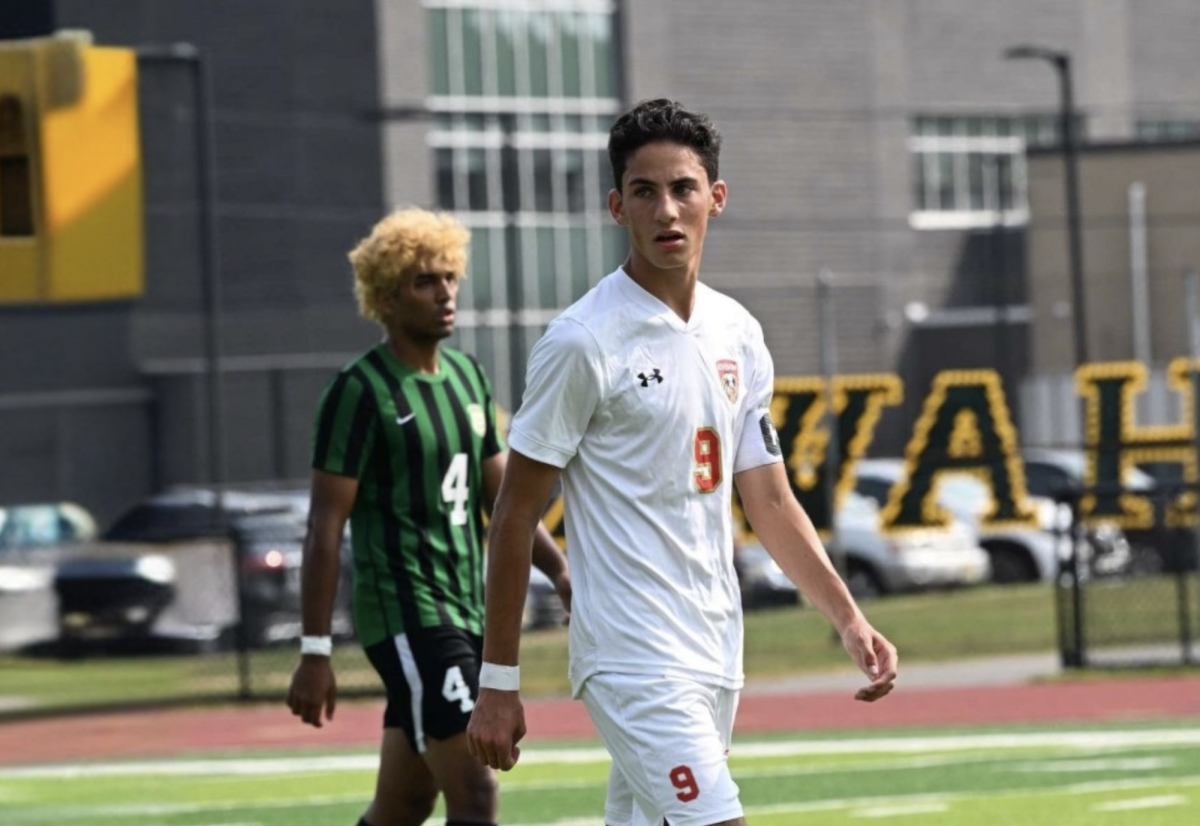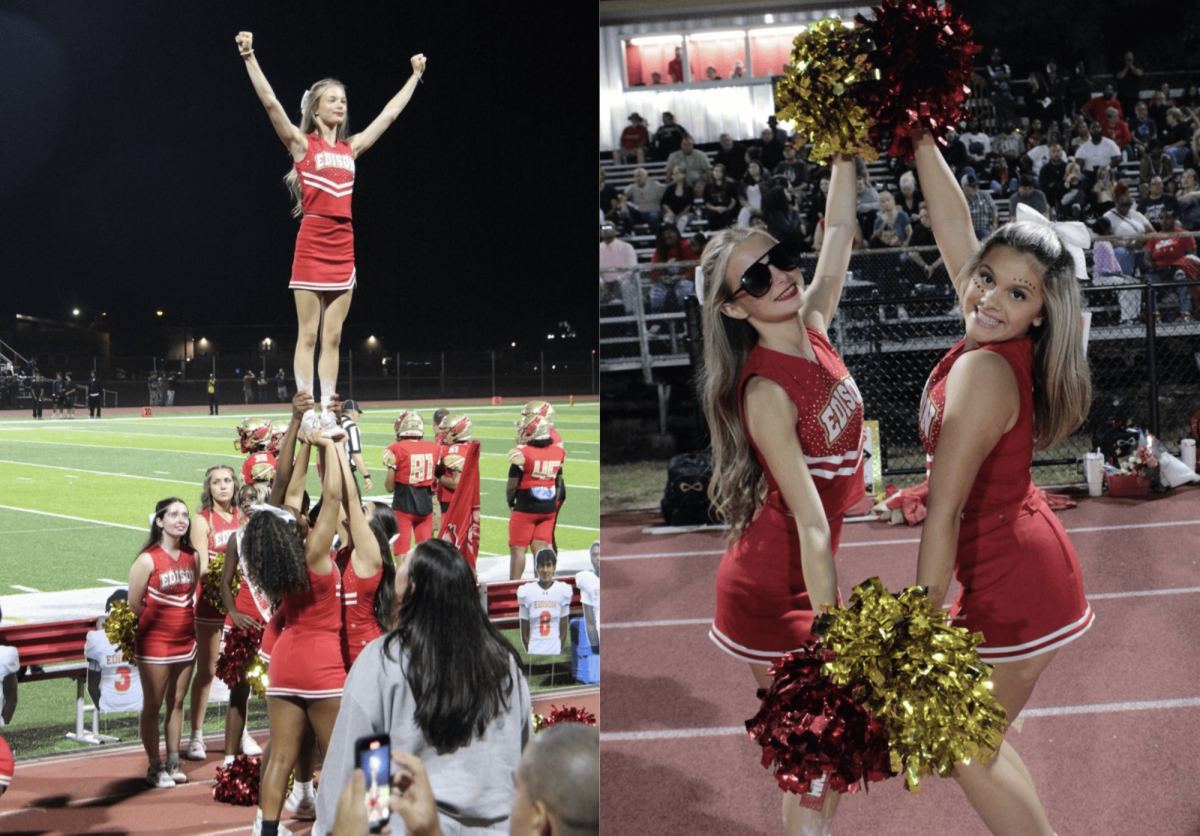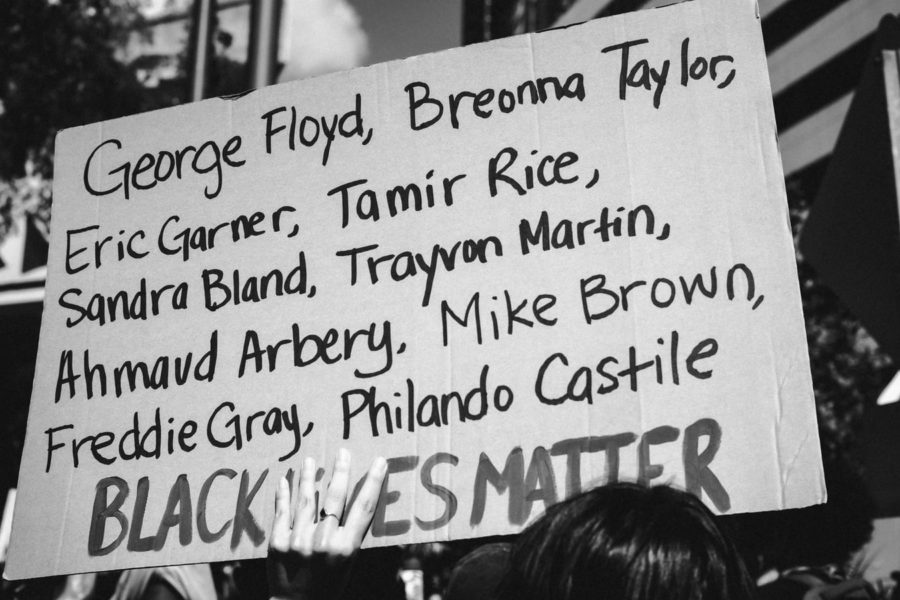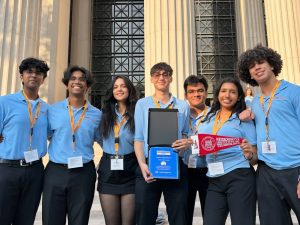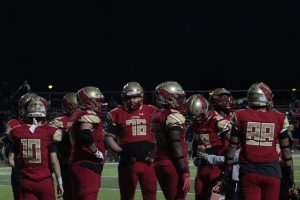Editorial: Black Lives Matter
June 11, 2020
Editorials reflect the official opinion of the school newspaper. We believe, unequivocally, that black lives matter. But we cannot say that black lives matter when we do not amplify their voices. It would be remiss to discuss the experience of Black Americans without listening to those who live through it daily. That is why for this issue, we share the voice of Schylar Satchell ‘21, President of Edison High’s Umoja Black Student Union. We may not be physically united now, but we encourage all our readers to unite in fighting the racism that still resides deep in American institutions. And when we reunite next year, please take the opportunity to go to Umoja meetings, listen to Black voices, and better understand your classmates, friends, and neighbors. Together, we can make progress.
“I can’t breathe” were the last words uttered by George Floyd before his life was taken. These were the same final words that Eric Garner, another victim of excessive force by police officers, repeated thirteen times until he died. Unjust killings by law enforcement towards innocent and unarmed victims happen far too often, specifically towards Black Americans, who are killed by police at disproportionate rates. African Americans are two and a half times more likely to die at the hands of the police than White Americans, despite making up a mere thirteen percent of the U.S population. Many Americans are oblivious to the fact that racism is still a part of our contemporary society because the Civil Rights Act was passed in 1964. They think that, since segregation was abolished and Black Americans were granted the freedoms and rights they had fought for, discrimination came to an end. That is simply because they are lucky enough to not encounter the constant discrimination that black people face daily. They are lucky to not experience the faults of our society that make people feel like their lives are less valuable solely based on the color of their skin.
As of June 2020, only six months into the year, there are already a handful of Black Americans who were murdered as a result of racial profiling. On February 23, 25-year-old Ahmaud Arbery was fatally shot three times in Georgia while jogging. The murderers, Thomas McMichael and his son Travis, assumed that, because he was black, Arbery was the perpetrator of local break-ins. Thus, his killing was racially motivated. What makes these particular cases stand out is the innocence of the victims. Breonna Taylor was sleeping in her home, and officers received a search warrant and entered the wrong house. Ahmaud Arbery was jogging, and Tony McDade was falsely accused of stabbing another individual. It is important to resist turning a blind eye towards what is going on today—racial profiling due to implicit bias takes innocent lives.
Black Lives Matter is an international movement that was formed in response to the acquittal of George Zimmerman, the man who killed Trayvon Martin in 2012. The movement fights against systemic racism that provokes a system that undermines the value of black lives. Since its establishment, there has been an overwhelming amount of support as well as disapproval. As a rebuttal, those who have vocalized their opposition have responded with the statement, “All lives matter.” The purpose of the “All Lives Matter” slogan is to dismiss the recurring issues that black people endure. “Black Lives Matter” does not mean that other lives are inferior; instead, it is a reminder that our lives are just as significant as others. To raise awareness and serve justice to the victims of police brutality and their families, people have held protests, made petitions, and donated to black-owned businesses, organizations, and victims’ families. For more information and ways to help black lives during this time, please visit: blacklivesmatters.carrd.co/



















